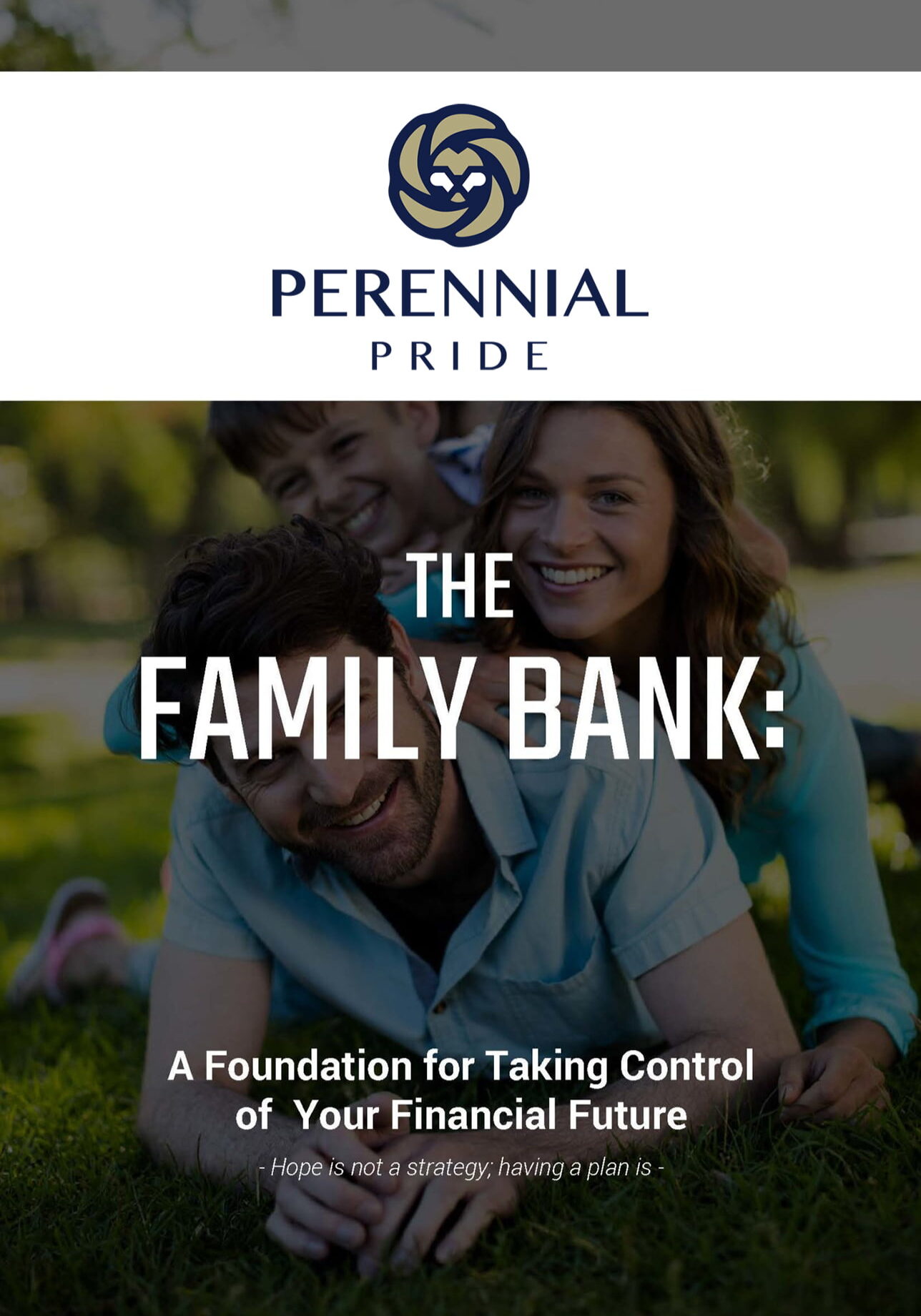Abraham Lincoln once said, “you cannot escape the responsibility of tomorrow by evading it today”.
Although it may come with additional effort and planning, taking the responsibility to manage the potential risks in our lives well before they appear will give you the confidence and control to weather any future storm. Alternatively, leaving things in the hands of others will subject you to fewer options and potential hardship that could have been easily avoided. Taking action in important areas of your life now will provide you the freedom and confidence to live life on your terms.
In these challenging times, more and more employers are trying to incent older workers to retire early in order to conserve cash and reduce their mountains of employee benefits. Companies like Pfizer started plans for restructuring well before the pandemic hit. Airlines, Marriott hotels and automakers General Motors and Chrysler have too. If you’ve been offered an early buyout package—or suspect one is coming—here are some important considerations. Don’t feel pressured to rush into this important decision, but the earlier you can plan for this scenario, the better.
If offered an early retirement buyout package, make sure you understand your pension and health coverage options
If your employer has a pension plan, will they give you additional years that add to your years of service?
Will your employer help you bridge medical and healthcare expenses until you reach age 65 and become eligible for Medicare? But before you even answer these questions, you need to understand what your options are for your pension and how the pension fits into your overall retirement plan.
Depending on your financial circumstances you may or may not want to take your severance as a lump sum. If you take the buyout early in the calendar year and you (and your spouse) have no significant additional income for the rest of the year, you may be in a lower tax bracket than normal. If so, the lump sum will probably make sense. Also, if your income is lower in your post-working life, then you may be eligible to do a Roth IRA conversion so you can shield your assets from any future tax burden.
However, if your spouse is still working and/or you are generating significant income from investments, rental properties or consulting, etc., you may be better off taking your severance in installments to avoid a big one-time tax hit.
Real world example
Unfortunately, too many people get to retirement and don’t know what their next stage of life is going to look like—both in terms of their finances and how they’ll spend their time.
But, one of my clients executed his early retirement really well. In his late 40s and early 50s, he really started thinking hard about how his income would come in if he retired early and how he would replace his insurance, medical and other coverage. He also knew he wanted to continue working part-time in retirement, so he got the ball rolling on setting up his consulting practice well before he retired.
This allowed him to generate an additional income stream by leveraging he skills and passions he developed in the corporate world. Having a glimpse of bigger financial picture in advance is huge so you can prepare adequately for a time when the regular paychecks stop. He did this really well. He also considered additional risks down the road that he could face, such as long-term care, higher taxes and legacy planning. Most people don’t start thinking about these issues early enough. By the time they do, it is often too late and/or too expensive.
Other Issues to discuss with your advisor
Income. So many working people get hooked on a regular paycheck and it can be quite a jolt when your regular income “fix” stops post-severance. Essentially, you’ve had only one “client” – your employer—for all these years and now you’re in a situation in which you may have to start thinking about how you’ll create income from the assets you accumulated—not by punching a timeclock.
Many longtime salaried workers have not given much thought to how to create income and how to do so efficiently. When we talk about creating “income efficiently,” we’re talking about how to create more of it and how to keep more of it.
It’s a different strategy than finding a job; now it’s all about cashflow management and where to pull that cash from. It’s very important to contemplate your post-work income strategy well before you retire.
Retirement Plan/Rule of 55. Chances are you’ve socked away a decent chunk in your 401(k). Normally you’d have to wait until age 59-1/2 to tap those funds without penalty. But, if you’ve been offered an early buyout or are otherwise severed from you company, you can withdraw funds from your 401(k) or 403(b) without penalty as early as age 55. Just keep in mind that your employer is required to withhold 20 percent to account for federal taxes.
But, if your 401(k) is not as far along as you’d hope by the latter stages of your career, it’s important to think about other ways to continue to save and grow your wealth. And where does that plan fit into your broader retirement picture in conjunction with your other assets—how they’re positioned, how they work and how they work together to maximize your income when you’re no longer working. I can’t stress enough the importance of planning your early retirement before your employer does it for you—especially in this economy. Remember, all that money in your 401(k) is not entirely yours. You have deferred paying taxes on it all these years you’ve been saving and investing. Once you retire, you have to pay the tax piper. Recognize the fact that the tax bill will be due when you start withdrawing from that account in retirement—plan accordingly. It’s like having debt to the IRS, but you’re not certain as to what the amount will be.
Health, Disability and Life Insurance. All these things your employer has long provided for you may likely go away—or be substantially reduced–if you take an early retirement buyout. Now it’s time to insure and protect yourself so no one can take away those coverages from you. Please don’t make this important decision without consulting your insurance and financial advisors first.
Concentration Risk. I know you believe in your company and have been encouraged to invest your 410(k) in company stock. But doing so is very risky if you aren’t diversified into other stocks, sectors and asset classes. What happens if your company’s stock takes a big hit, especially after mass layoffs are announced or the business conditions that triggered the layoffs don’t recover quickly? These setbacks are tolerable when you still have a steady paycheck and years left on your retirement path. But they’re more serious financial potholes, when you’re retired or soon to be. It can also be a good time to fund your next career move, such as my aforementioned client’s consulting practice or learning a new skill. Think of this as “investing in yourself” and it’s another important part of the diversification discussion.


